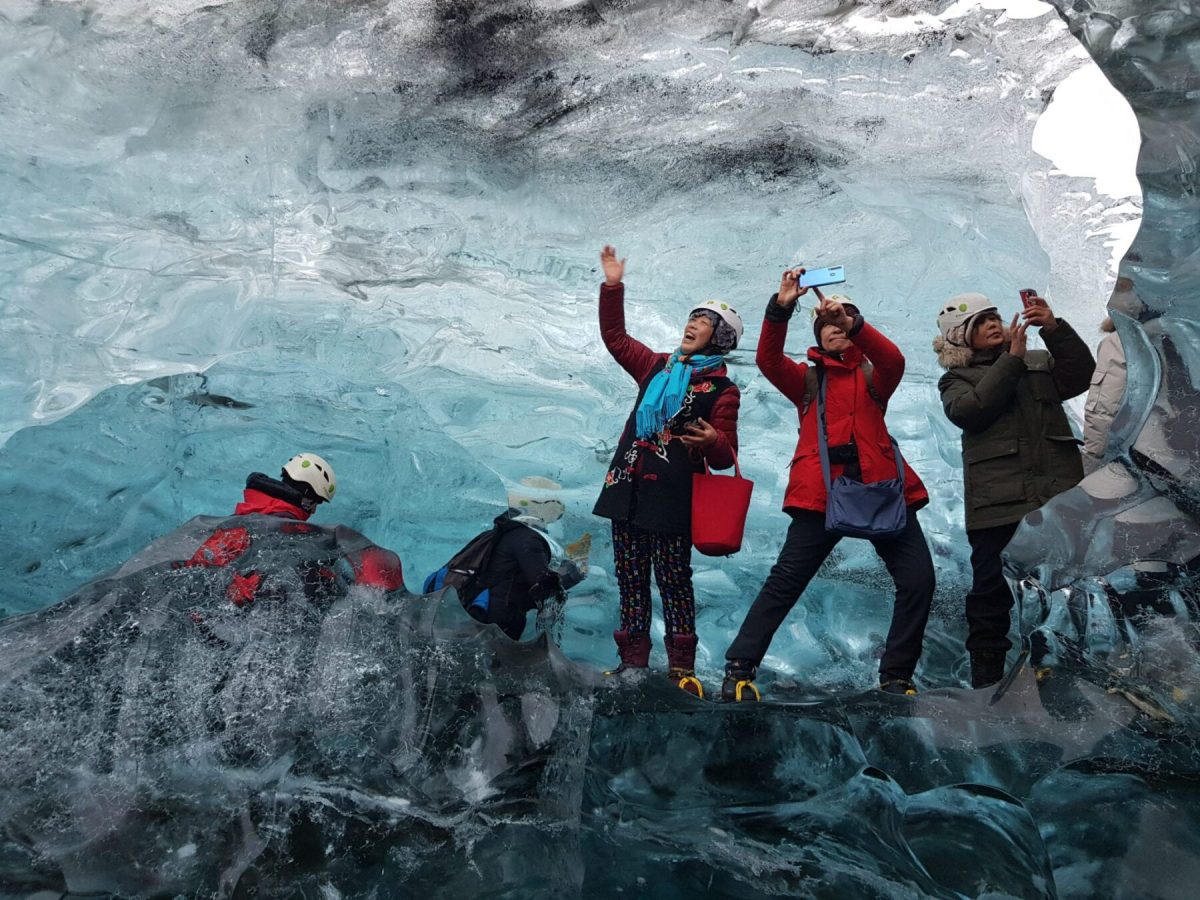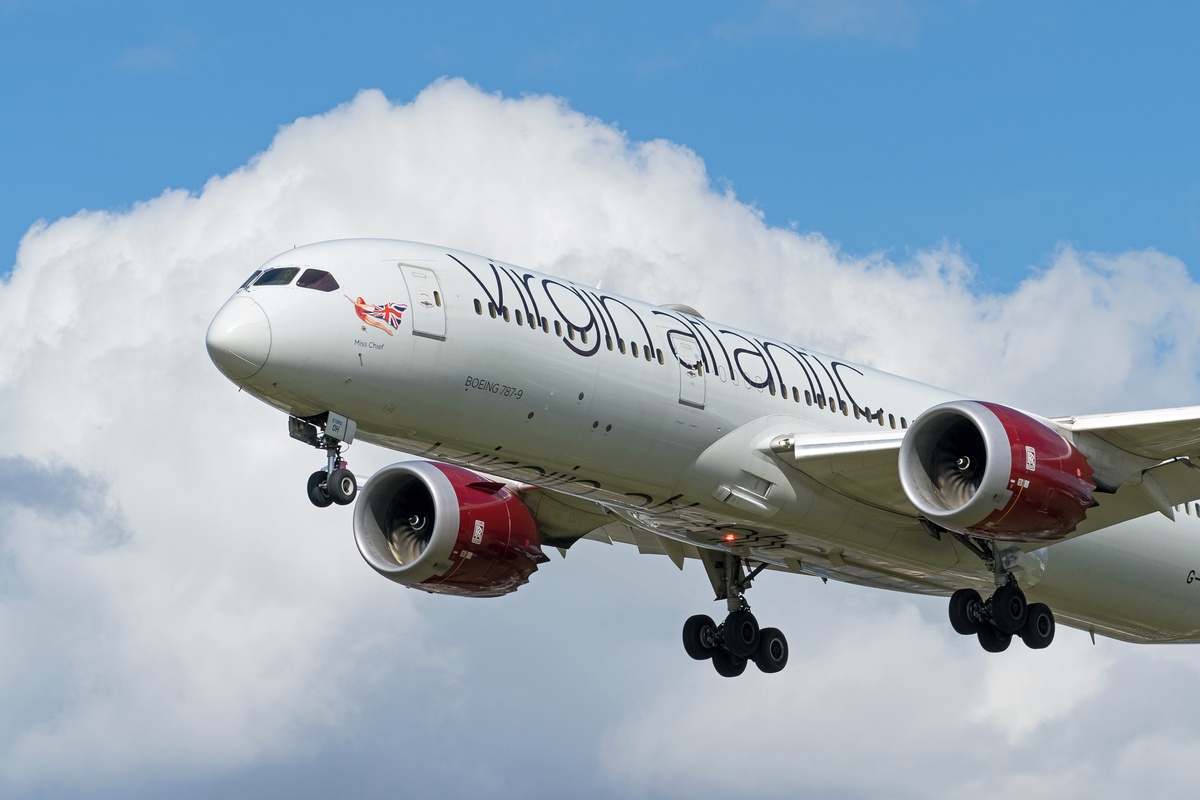Why Short-Form Video Is the Future of Social Travel Marketing

Skift Take
This sponsored content was created in collaboration with a Skift partner.
Typically three to 60 seconds long, short-form videos represent a cultural shift away from highly polished to more authentic content. They capture attention by being surprising — and even mesmerizing — offering entertainment, connection, and discovery all in one place.
Further, these shorter videos are not passive, but participatory, encouraging audiences to actively engage and have conversations. In fact, on Instagram alone, people reshare Reels 1 billion times daily through direct messaging.
Short-form video is changing the way we create, watch, and share content. It’s also changing the way advertisers connect and engage with audiences. According to a recent HubSpot report, more than half of social marketers plan to leverage short-form video for the first time in 2022, and 95 percent of those who already use it will increase or maintain their investment.
With short-form video ads, travel brands can become part of these conversations, tap into the zeitgeist, and reach relevant, actively engaged audiences.
Reaching Travel Audiences With Reels
Reels is an increasingly popular example of short-form video that travel brands are leveraging to engage new audiences and drive deeper connections.
Launched by Meta a few years ago as a way to create and discover entertaining short-form videos on Instagram and Facebook, Reels has become incremental to time spent on both apps. This past October, the company reported more than 140 billion Reels plays across Instagram and Facebook each day, a 50 percent increase from the previous six months.
From online travel agencies and airlines, to destinations and hotels, travel brands across the spectrum are capitalizing on the popularity of Reels to reach travelers through a mix of music, effects, and creative visual storytelling.
For example, MGM Resorts recently ran a video ad on Instagram Reels to see if the placement could help boost awareness of its new MGM Rewards loyalty program. As a result, the company saw a 6.7 times lift in standard brand awareness.
"Compelling, authentic content, along with Meta’s ability to reach the right audience at the right time, make Reels an ongoing and expanding part of our overall media strategy. We are entering a new era of storytelling and it’s exciting to see what comes next.” said Derek Schoen, vice president of media investment and social strategy at MGM Resorts International.
Getting Started With Reels
Travel brands interested in creating short-form video content can learn to speak the language of Reels with three basic principles: Make it entertaining, make it digestible, and make it relatable.
1. Make it entertaining with content that appeals to your audience’s ears, eyes, and hearts. Transform your Reels into an experience that engages people through a combination of visual effects and audio. Music can be effective in capturing attention and creating connection, particularly when it complements the mood of your story and playing with audio and beat drops can keep your creative moving at an engaging pace.
Your ultimate goal should be to inspire an emotional response. Entertaining Reels and Reels ads tend to elicit emotions like happiness, interest, and curiosity. Consider sparking intrigue by taking an “edutainment” approach and teaching your audience something new or helping them learn more about something they already love.
2. Make it digestible by nailing the hook and landing your message quickly and seamlessly. Set the stage in the first five seconds by teasing the content of the video. Keep your audience engaged with well-paced transitions, adding voice-overs paired with thoughtfully placed bite-sized text that reinforces your key product or brand message..
3. Make it relatable by showcasing real people and using a lo-fi tone that connects authentically. To encourage listening, include people that speak directly to the audience. Meta’s internal analysis of two million Reels ads found that those with a human presence in the creative — such as a face, person, or child — had a 25-percent higher click-through rate than those that did not. 1
For destinations, this could mean tapping into local experts to convey useful and buzz-worthy information about a city’s restaurant scene, for example. The key is to speak to your audience in a language they can easily understand and that connects to their values, goals, and ambitions.
Keep in mind that as people engage with Reels that fit their interests, relevant ads appear in the Instagram or Facebook feed interstitially between organic content, so test and learn with native creative that aligns with popular travel interests.
4. Consider partnering with creators who already know how to engage content. Creators are expert storytellers and can help you authentically connect with audiences around shared interests. In fact, in a recent study by Crowd DNA, 78 percent of consumers said that creators are influential in helping them discover new brands.
MGM Resorts saw firsthand how creators can help connect with audiences through their MGM Rewards loyalty program launch. “Leveraging creator content in Reels allowed us to showcase MGM Resorts experiences to a fully engaged audience that’s excited about what we have to offer,” Schoen said.
As travel brands chart a path forward in 2023, they should “experiment with short-form video content, fine-tune what works best with their existing audience, and reach out to new audiences,” said Kirstin Frazell, travel industry manager at Meta. “Integrating Reels into your creative marketing strategy now can help future-proof your business.”
To learn more about how to get started with Reels, click here.
This content was created collaboratively by Meta and Skift’s branded content studio, SkiftX.
1Meta Internal, June 2022. Research findings do not guarantee future results.





